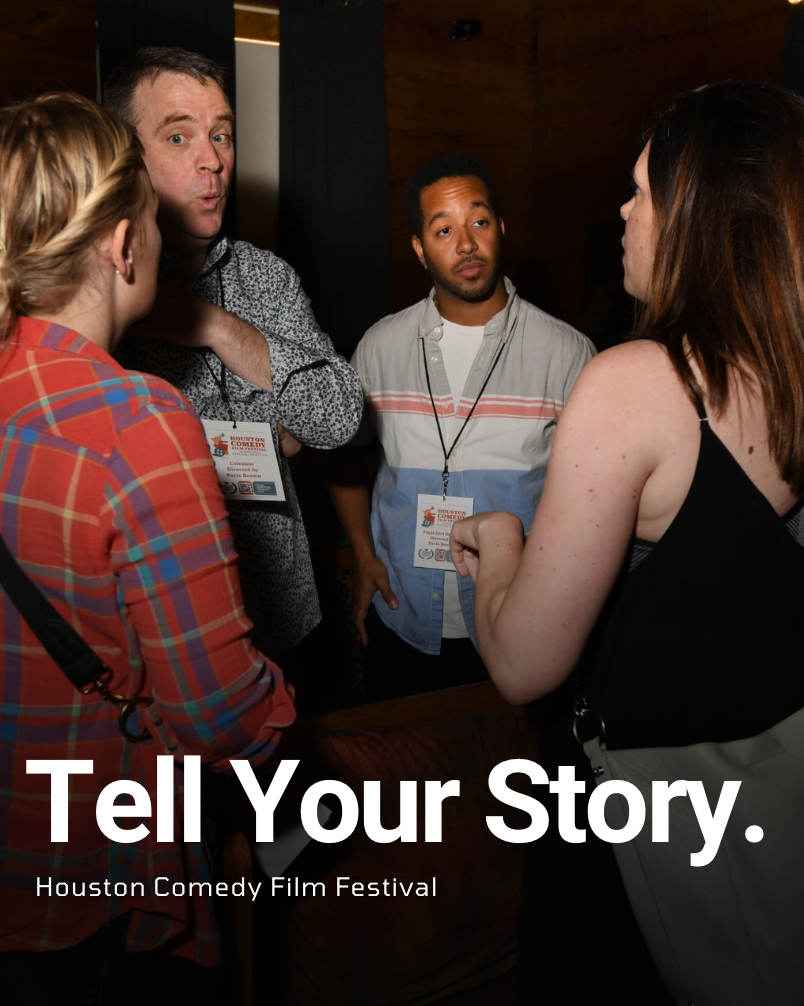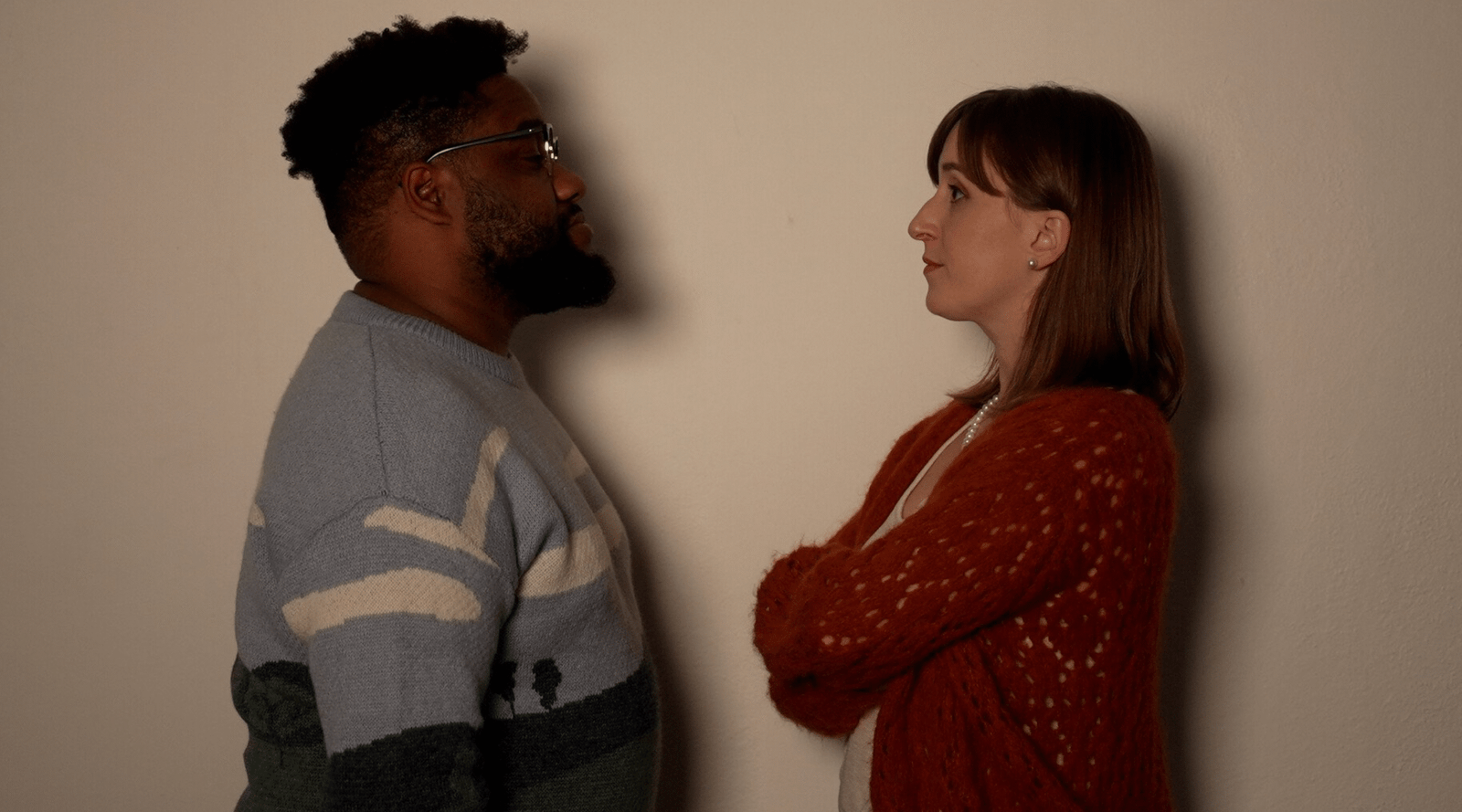Entertainment
Botched’s Terry Dubrow Stopped Ozempic After Missing ‘The Joy of Eating’ on January 20, 2024 at 10:02 pm Us Weekly
Dr. Terry Dubrow gave Ozempic a shot — but he missed out on “the joy of eating.”
“I’ve tried it. I thought it was amazing. I … didn’t have that much weight to lose,” Dubrow, 65, told Page Six. “But I wanted to try it because so many of my patients were on it and I wanted to see what it was like when you’re not diabetic and you only have 10-15 pounds to lose.”
While he still supports the medication, he didn’t feel the side effects were worth the reward. In addition to “low-grade nausea,” the Botched star lost interest in food. “I thought, ‘You know what, I kind of want to get my appetite back. The holidays are coming, I want to enjoy myself,’” he explained.
The plastic surgeon, who is married to The Real Housewives of Orange County star Heather Dubrow, noted that Ozempic “really took … all the joy of eating away.”
Dubrow added, “You go on vacation, maybe you don’t exercise, you eat too much. It was kind of like, ‘Well, I want to go on a food vacation,’ meaning I want to be able to eat again.”
In addition to wanting to enjoy food at the holidays, Dubrow also needed to be off the semaglutide injections if he wanted a Christmas cocktail.
“You can’t drink on it,” he said. “You’ve got to be really careful with alcohol because people are being put in the hospital with pancreatitis.”
While Ozempic isn’t right for Dubrow, he still thinks it’s a huge breakthrough that will help many people.
In August, he exclusively told Us Weekly about the positive effects of the injections, which were designed to treat Type 2 diabetes.
“These Ozempic-type drugs aren’t the new Botox. They’re better. They’re Botox, liposuction, breast augmentation, facelifts,” Dubrow shared with Us. “Put it all together, and you’ve got a drug that’s not only making people look better and feel better, it’s treating the No. 1 risk factor for heart disease, diabetes and cancer. So, this is an incredibly powerful positive thing that is truly the most significant, I think, medical breakthrough in history.”
Some celebrities have spoken out about using Ozempic and other similar medicines to quickly shed pounds — and many face backlash. However, Dubrow wanted to “stop immediately the ozempic-shaming,” noting that doctors need people to speak clearly and accurately about their experiences on the drug.
“Listen, we don’t know how to use these miracle weight loss drugs in non-diabetics particularly. We don’t know how to use them in patients who only have five to 20 pounds to lose. So we need to share our experiences,” Dubrow explained to Us. “We’re learning as the patients are learning what the side effects really are. … So it’s really an exciting time, but it’s also a very scary time. It’s gonna change the very nature of our bodies and what’s happening with our physiology. And it’s a new frontier. It’s exciting, but it’s also very dangerous.”
Dr. Terry Dubrow gave Ozempic a shot — but he missed out on “the joy of eating.” “I’ve tried it. I thought it was amazing. I … didn’t have that much weight to lose,” Dubrow, 65, told Page Six. “But I wanted to try it because so many of my patients were on it and
Us Weekly Read More
Continue Reading
Entertainment
Selling Your Soul in Hollywood: The Hidden Cost of Fame

By all appearances, Hollywood is a dream factory — a place where charisma, talent, and luck collide to create stars. But behind the camera lights and red carpets lies a conversation few inside the industry speak openly about: the spiritual and moral price of ambition.

For actor Omar Gooding, the idea of “selling your soul” in Hollywood isn’t a metaphor — it’s a moral process that begins with tiny compromises. In an October 2025 interview, Gooding explained that no one in Hollywood makes a literal deal with the devil. Instead, it’s the quiet yeses, the moments when comfort overrides conviction, that mark the beginning of the trade. “They don’t say, ‘Take this or you’ll never make it,’” he said. “They just put it in front of you. You choose.”
Those choices, he argues, create a pattern. Once you show that you’ll accept something you once resisted, the industry notices. “Hollywood knows who it can get away with what,” Gooding said. “One thing always leads to another.” The phrase “selling your soul,” in this context, means losing your say — doing what you’re told rather than what you believe in.
That moral tension has long shadowed the arts. Comedians like Dave Chappelle, who famously walked away from millions to preserve his creative integrity, often serve as examples of where conviction and career collide. In resurfaced interviews, Chappelle hinted that he felt manipulated and silenced by powerful figures who sought control of his narrative, warning that “they’re trying to convince me I’m insane.”
This isn’t just about conspiracy — it’s about agency. Hollywood runs on perception. Performers are rewarded for being agreeable, moldable, entertaining. Those who question the machine or refuse the script risk exile, while those who conform are elevated — sometimes beyond what they can handle.
“We see the ‘collections’ all the time,” Gooding explained. “When the bill comes due, you can tell. They made that deal long ago.”

But the story doesn’t end in darkness. Gooding also emphasizes that in today’s entertainment landscape, artists have more control than ever. With streaming, social media, and creator‑driven platforms, performers don’t have to “play the game” to be seen. Independent creators can build their own stages, speak their own truths, and reach millions without trading authenticity for access.
Still, the temptation remains — recognition, validation, quick success. And every generation of artists must answer the same question: What are you willing to do for fame?
As Gooding put it, “You just make the best choices you can. Because once it’s gone — your name, your peace, your soul — there’s no buying it back.”
Entertainment
California Bans AI Clones from Replacing Real Talent

California just made a dramatic stand for human creativity, defeating the threat of AI actor clones with a sweeping new law that puts people—not algorithms—back in the Hollywood spotlight. With the stroke of Governor Gavin Newsom’s pen in October 2025, the state has sent a clear message to studios, tech companies, and the world: entertainment’s heart belongs to those who create and perform, not to digital facsimiles.
California Draws a Hard Line: No More AI Clones
For months, the entertainment industry has been divided over the use of artificial intelligence in filmmaking. Studios, lured by promises of cost-cutting and creative flexibility, have invested in software that can mimic an actor’s face, voice, and even emotional range. But for performers, this wave of synthetic reproduction has triggered alarm—encouraged by chilling stories of deepfakes, unauthorized digital doubles, and contracts that let studios reuse a star’s likeness indefinitely, sometimes without pay or approval.
The new California law, anchored by AB 2602 and AB 1836, changes everything:
- Every contract must explicitly detail how studios can use digital replicas or voice models, preventing once-common “blank check” agreements that overlooked this risk.
- No one—not studios nor streaming giants—can create or release AI-generated clones of an actor, living or dead, without clear, written consent from the performer or their estate.
- The law gives families new powers to defend loved ones from posthumous deepfake exploitation, closing painful loopholes that once let virtual versions of late icons appear in new ads, films, or games.
Actors Celebrate a Major Victory
The legislation rides the momentum of the recent SAG-AFTRA strike, where real-life talent demanded control over their own digital destinies. Leaders say these protections will empower artists to negotiate fair contracts and refuse participation in projects that cross ethical lines, restoring dignity and choice in an industry threatened by silent algorithms.
Stars, unions, and advocacy groups are hailing the law as the most robust defense yet against unwanted AI replications.
As one actor put it, “This isn’t just about money—it’s about identity, legacy, and respect for real artists in a synthetic age.”
A New Chapter for the Entertainment Industry
California’s move isn’t just a victory for local talent—it’s a warning shot to studios everywhere. Companies will now be forced to rethink production pipelines, consult legal counsel, and obtain proper clearance before digitally cloning anyone. Global entertainment platforms and tech developers will need to comply if they want to do business in the world’s entertainment capital.

These laws also set a template likely to ripple through other creative fields, from musicians whose voices can be synthesized to writers whose work could be mimicked by generative AI. For now, California performers finally have a powerful shield, ready to fight for the right to shape their own public image.
Conclusion: Human Talent Takes Center Stage
With its no-nonsense ban on AI actor clones, California draws a bold line, championing the work, likeness, and very humanity of its creative stars. It’s a landmark step that forces the entertainment industry to choose: respect real talent, or face real consequences. The age of the consentless digital double is over—human performers remain the true source of Hollywood magic.
Entertainment
Chaos and Comedy: Darby Kingman’s “Camp Wackapoo: Rise of Glog”

Darby Kingman’s “Camp Wackapoo: Rise of Glog” redefines summer camp comedy with a wild, energetic story about ambition, chaos, and the joy of embracing the unexpected. The film centers on a relentlessly competitive camp counselor who’s determined to finish first—only to face a motley crew of unruly campers and a summer unlike any other.
As Darby puts it, “Not everything is that deep. It really honestly was to make people laugh. She has all these kids that are not working with her and she’s just losing her mind. It’s crazy, silly, goofy, and it was a blast.”
What started as a simple scene for Darby’s acting reel evolved into a full-fledged film with encouragement from her mentor at Debbie Reynolds Acting School. Darby dove into every role—writing, directing, starring, and meticulously preparing each prop and costume. “Plan and prepare, but also be flexible and ready to be in the moment—that’s when the magic happens,” she advises.
Working with a handpicked cast of her own dance students, Darby built an atmosphere of real teamwork and camaraderie. She credits the “precious” energy of her young cast, her creative director of photography, and the overall spirit of her production team for turning the project into something bigger than herself. Her experience is an inspiring blueprint for indie filmmakers:
“Take initiative and control of your career. You can’t just sit around and wait for somebody to pick you. Figure out what you’re good at and go for it. Create something that brings joy to others.”

Her production motto? “Preparation is key, but you have to be ready to go with the flow—that’s when the magic happens.” Darby’s fearless creativity, focus on collaboration, and love for comedy shine throughout “Camp Wackapoo: Rise of Glog.” It’s more than just a camp satire—it’s a heartfelt testament to hard work, original humor, and leadership from the ground up: “People need to laugh right now. That’s a win.”
Catch “Camp Wackapoo: Rise of Glog” and experience Darby’s infectious energy and comic genius at the Deluxe Theatre on November 1, 2025. Get your tickets now at Houstoncomedyfilmfestival.com.

 Business4 weeks ago
Business4 weeks agoDisney Loses $3.87 Billion as Subscription Cancellations Surge After Kimmel Suspension

 Entertainment4 weeks ago
Entertainment4 weeks agoWhat the Deletion Frenzy Reveals in the David and Celeste Tragedy

 Entertainment4 weeks ago
Entertainment4 weeks agoExecutive Producer Debut: How Celia Carver Created Festival Hit ‘Afterparty’

 Health4 weeks ago
Health4 weeks agoRussia Claims 100% Success With New mRNA Cancer Vaccine

 Business3 weeks ago
Business3 weeks agoWhy Are Influencers Getting $7K to Post About Israel?

 Health4 weeks ago
Health4 weeks agoWhy Did Gen Z QUIT Drinking Alcohol?

 Advice4 weeks ago
Advice4 weeks agoHow AI Is Forcing Everyone Into the Entrepreneur Game

 Entertainment3 weeks ago
Entertainment3 weeks agoKeith Urban and Nicole Kidman Split After 20 Years as Actress Files for Divorce






























